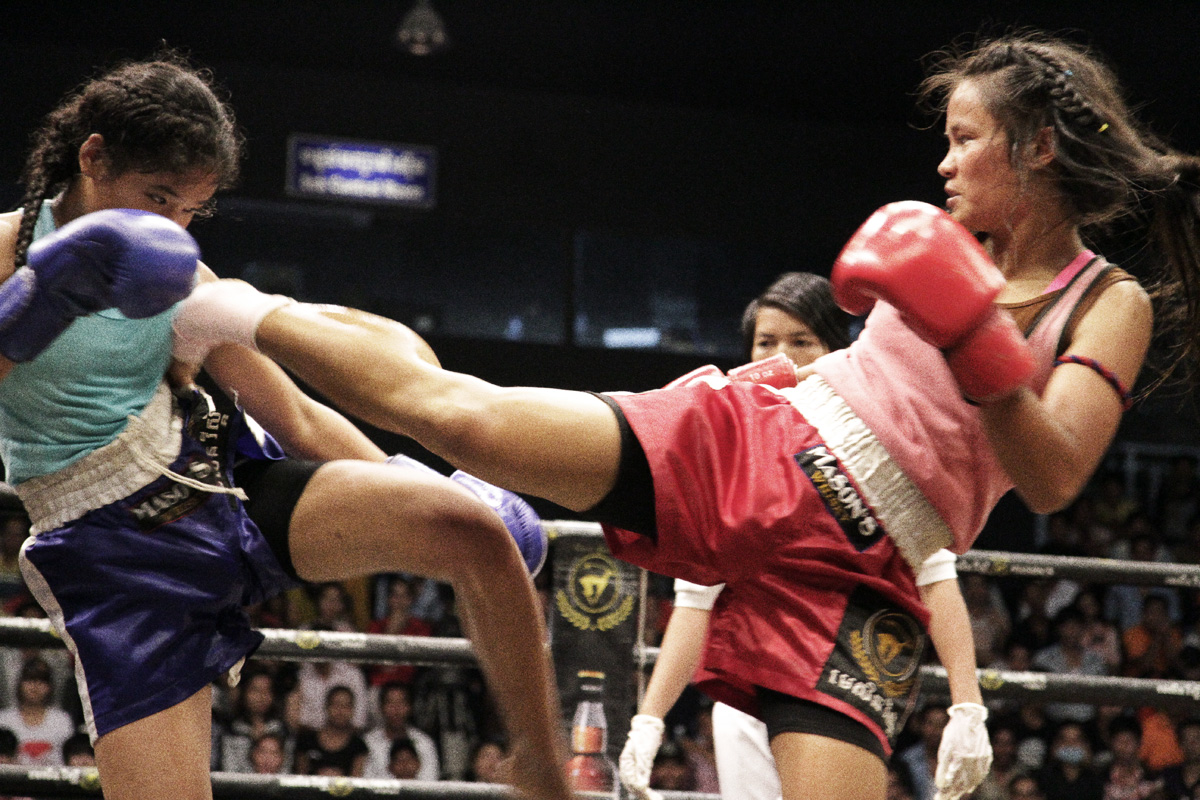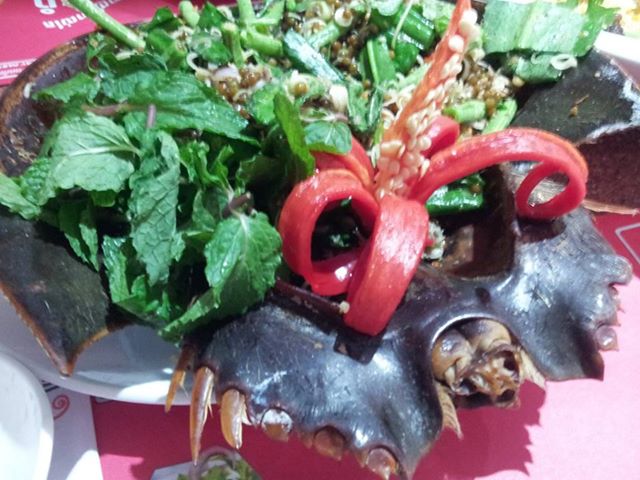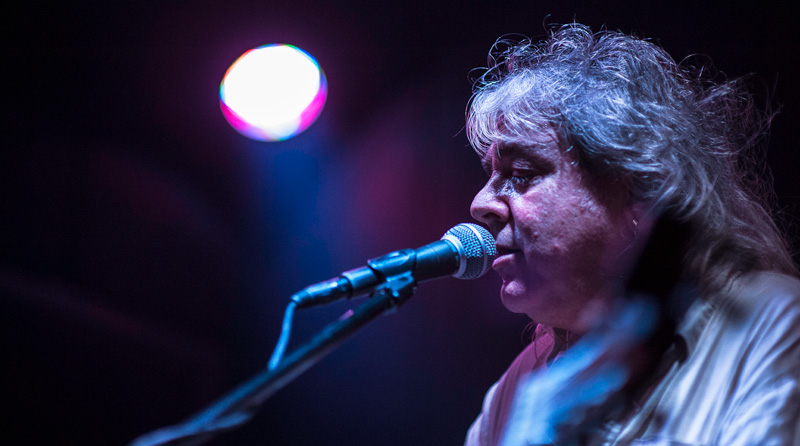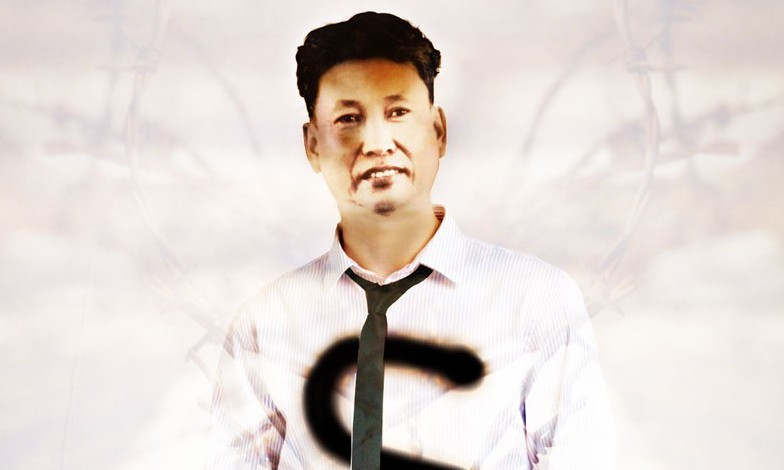In April 1974, as the Khmer Rouge fortified its positions surrounding Phnom Penh, Saloth Sar unlikely could have known that 9,000 miles away in New York a former mental patient named Jeffry Ross Hyman was about to change rock music forever.
Hyman was the lanky, 6’6″ front man for a band called the Ramones, and along with three other misfits from Forest Hill, the unknown quartet was about to take the stage at CBGB, a newish little club and restaurant at Bowery and Bleecker Street in the East Village.
For the previous decade, hippies in the United States had been singing about smoked-out utopias where peace reigned and people wore flowers in their hair. Musically, the ’60s era had culminated in a maelstrom of extended-play commercial rock. Songs were often marked by complex orchestration, long guitar solos, multiple time signatures and chrome-plated production values. Led Zeppelin’s Stairway To Heaven stood at the pinnacle of the genre, but the list included other epic 1970s anthems such as Hotel California, Free Bird, and Dream On.
The Ramones, by contrast, could barely play their instruments. Jeffry, performing under the stage name Joey Ramone, had zero formal music training. But the Ramones cared little of musical proficiency and when they took the stage at CBGB the night of April 16, they turned up the Marshall stacks to 10 and unleashed a torrent of noise and distortion that would alter the course of music history.
Their impact would not leave Cambodia untouched. For without the Ramones, Eric Boucher and East Bay Ray would have never formed the Dead Kennedys, Boucher would have never taken the stage name Jello Biafra, and Biafra would have never written the second-greatest punk song of all time, Holiday in Cambodia, which permanently consigned Pol Pot and his rag-tag band of communist killers to the annals of punk rock legend.
The way of the savage
For all that Cambodia’s horrors unwittingly gave punk music and the world, the country itself got precious little in return. In the West, Pol Pot and his genocidal politics made the Kingdom song-worthy. In the East, however, few places could prove more inhospitable terrain to punk attitudes than the land of Angkor.
Like most Southeast Asian countries, Cambodia is not just deeply religious and socially conservative; it is defined by an overarching need for order. Such need manifests on many levels, often times in ways outsiders struggle to understand.
Social hierarchy is probably the most visible example. At its foundation, members of society are ranked according to their age, sex and religious standing: the young are expected to defer to the old; women are expected to defer to men; laymen are expected to defer to the pious. Clans and alliances are built around the family, and the individual is subordinate to the group. Yet classification goes further than just influencing interpersonal relationships; it serves as the foundation of an ‘ordered’ society.
In his influential 1980 essay Songs At The Edge Of The Forest, David Chandler explores perceptions of order in three Cambodian folktales. In each story, order is contrasted with the wild. Rice fields and families represent order; forests represent the wild.
“In nineteenth-century Cambodia, when people were always in danger and almost always illiterate, examples of orderliness (such as an elegant ceremony, a design in silk, or a properly chanted poem) were few and far between,” Chandler writes, adding that “to many Cambodians, things, ideas, and people – societies, in fact – were thought to be safer and more authentic when they were ranked and in balance, arranged into the same hierarchical pattern (however ineffectual or unhappy) which they had occupied before. Wildness was to be feared, and so was innovation.”
Chandler termed this approach “backward-looking”; not in an intellectual sense, but in its perspective. “Their social conduct was based on ideas, techniques and phrases which had been passed along through time and space like heirlooms, with the result that people were continually reliving, repeating or ‘restoring’ what was past.”
Community and family hierarchies weren’t just curious social artefacts, they were the threads that bound the past to the present. They weren’t just novel vestiges of the social fabric, they defined it. “Being ‘wild’,” Chandler concluded, “meant having no one to respect.”
Down with the establishment
For many, the idea of punk conjures thoughts of fast music and rough-around-the-edges teens in scuffed leather jackets and Stegosaurus-spiked hairdos. But punk is far more than just music or fashion or drug-addled street hoods kicking over trash cans and hurling four-lettered abuse at the squares (but it’s that, too!). Punk is an ethos, a philosophy of which music and clothing are manifestations of the underlying attitude.
At its heart, punk is a rejection of popular culture, of polite society’s accepted social standards and its homogenous expectations. Punk is “just doing what you felt like you had to do,” said Australian Brett Tollis, guitar player for the local grunge/punk quartet Psychotic Reactions and a veteran of the LA music scene.
Almost immediately, punk became the clique of the disaffected everywhere. “It’s people who feel like they don’t fit in,” Tollis explained. “And they see a whole bunch of other people that don’t quite fit in. And you say, ‘If I am not going to fit in, I am going to go totally the other way. There’s no middle. You just tend toward a group of misfits.”
On the tame side, the punk manifesto glorifies the individual, celebrates uniqueness and dismisses the conventions of the masses. In a sardonic monologue, the character Mark Renton in Danny Boyle’s film Trainspotting frames the attitude with enough cynicism to float the British Navy:
Choose Life. Choose a job. Choose a career. Choose a family. Choose a fucking big television, choose washing machines, cars, compact disc players and electrical tin openers. Choose good health, low cholesterol, and dental insurance. Choose fixed interest mortgage repayments. Choose a starter home. Choose your friends. Choose leisurewear and matching luggage. Choose a three-piece suit on hire purchase in a range of fucking fabrics. Choose DIY and wondering who the fuck you are on Sunday morning. Choose sitting on that couch watching mind-numbing, spirit-crushing game shows, stuffing fucking junk food into your mouth. Choose rotting away at the end of it all, pissing your last in a miserable home, nothing more than an embarrassment to the selfish, fucked up brats you spawned to replace yourselves.
And it escalates quickly, from an attitude of extolling uniqueness to one of tearing down the status quo. Punk loathes the establishment, and the more radical punk ethos preaches rebellion and anarchy, corrosion of conformity and, if not a wholesale destruction of the state, something approaching it, because the people wielding power are abusing it and what they need is someone or something to jack-slap them out of their power-drunk stupor.
Few personified such wanton disharmony better than Sex Pistols bass player and punk rock icon Sid Vicious. “Undermine their pompous authority,” he said. “Reject their moral standards, make anarchy and disorder your trademarks. Cause as much chaos and disruption as possible but don’t let them take you alive.”
…..
If honour of the family and respect for the past are the cornerstones of Cambodian culture, punk ideals must look like a cackling Satan riding a demon garuda and shooting flamethrowers over Angkor Wat. Nothing, it seems, could be more anathema to the prim social sensitivities of Cambodian culture. So it’s little surprise that now, 33 years after the release of the Dead Kennedys’ Holiday in Cambodia, punk culture in the Kingdom remains almost non-existent.
Almost.
Three years ago, four 20-something musicians came together and created the country’s first punk rock act, The Anti-fate. More upbeat pop-punk than angry London anarchists, the band is not at all political, but in their own quiet way, they are every bit as anti-establishment as The Clash or The Dead Kennedys.
Chhuth Sen Propey, Anti-fate’s frontman, said the name derived from the band’s stance against Buddhist attitudes on fate and destiny, which, to oversimplify, argue that fate cannot be escaped.
The music of Anti-fate inspired others and in the years since more bands have started playing original music. Chhuth guessed that there are “maybe 30 bands that play their own music,” but “mostly they play rock and metal”.
For cultural reasons the rest have shied away from punk, but the metal scene is flourishing. “Teenagers want something new and cool,” Chhuth said, “but punk is anti-social, anti-government, so they don’t want to do it.”
Politics can be dangerous business in Cambodia. Chhuth’s face goes sour at the mention of the word. It might be tempting to say the country’s current leadership has discouraged the youth from getting involved, but protest music in Cambodia is without precedent. Constituents, too, are expected to defer to their representatives.
Nothing, however, is permanent. Elsewhere in the region, punk has found fertile terrain. The largest and most well-known scene exists in Indonesia, where punk sprouted during the late 1990s – its anger aimed at the oppressive Suharto regime. A band named Marjinal started it all. They dedicated their music to the country’s street kids and sang about corruption and the failures of the government. Their songs immediately found resonance among the country’s disenfranchised youth. Even today, street kids busk Marjinal songs on $5 ukuleles while riding the commuter trains, earning a meagre existence off tips.
The punk scene in Myanmar began even earlier, but under threat from a paranoid-tyrannical government, punks were forced to remain quiet until more recent years. Riding a wave of anger and frustration after the Saffron Revolution, a new wave of punk angst erupted in 2007, led by the band Rebel Riot and its media-savvy front man Kyaw Kyaw. Like icons of the movement in the West, punk in Myanmar seemed to have lived fast and died young. Rebel Riot seldom plays anymore and Kyaw Kyaw now makes a living selling punk paraphernalia and interviews to foreign journalists. In a recent article with the South China Morning Post, the lead singer of a band called Kultur Shock, who goes by the name Scum, lamented the decline. “When we were young, punk was rebellion. Now it’s fucking fashion.”
Such a fate seems unlikely to befall Cambodia, at least any time soon. Punk landed in Myanmar in the early 1990s, in Indonesia not long after. Cambodia is just now getting its first tastes. “Maybe in 10 years it’s gonna be good,” said Chhuth.
Taking the longer view, it’s not hard to see parallels with other countries in the region. The Kingdom grapples with many of the same urban problems as her neighbours and while the number of street kids is unlikely to ever match the population in Indonesia, the ever-deepening chasm between rich and poor continues to grow, corruption and the ‘culture of impunity’ continues to flourish and the government’s apparent indifference to the suffering of its own people continues to outrage. The influence of the Internet, which streams in music, culture and ideas from around the world, cannot be dismissed either. The spigot has been opened, and awash in new views, old attitudes are fading.
It might not yet be time to warm up the flame-throwers, but don’t put them away just yet either.
…..
For now at least, and the immediate future, punk music will likely remain the domain of foreigners. The current crop of expat bands will get together at Sharky Bar on June 8 for the third annual Punk & Disorderly show. The attitude is far less one of rebellion, said Dave Rabie, the club’s music manager, and more one of fun. “They’re playing in the spirit of punk, you know. It’s short. It’s fast. Sometimes it can be a little bit chaotic, sometimes it might not be the best musicians in town, but that’s not what punk is about.” Never has been. “The majority of the people that play Punk ‘n’ Disorderly 3 are doing it for the hell of it,” he said.
What could be more punk than that?
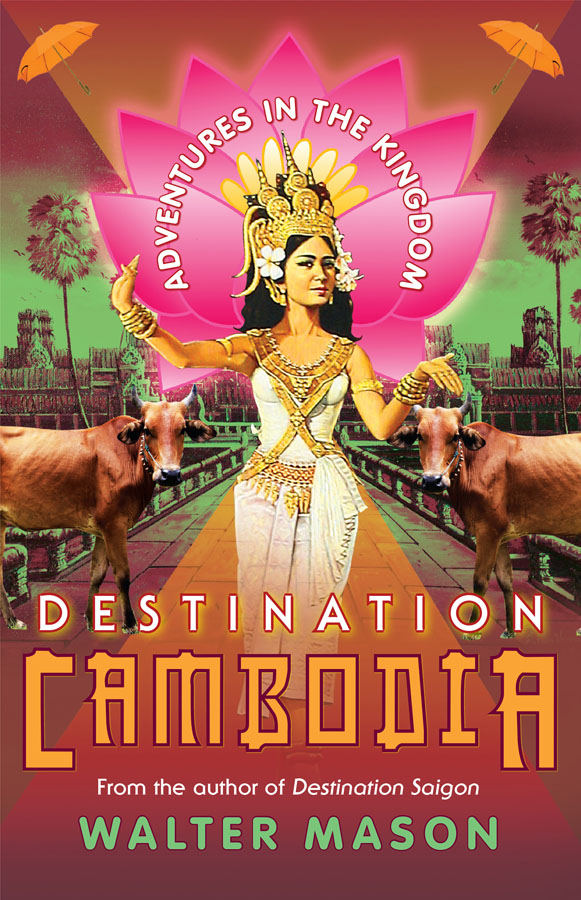
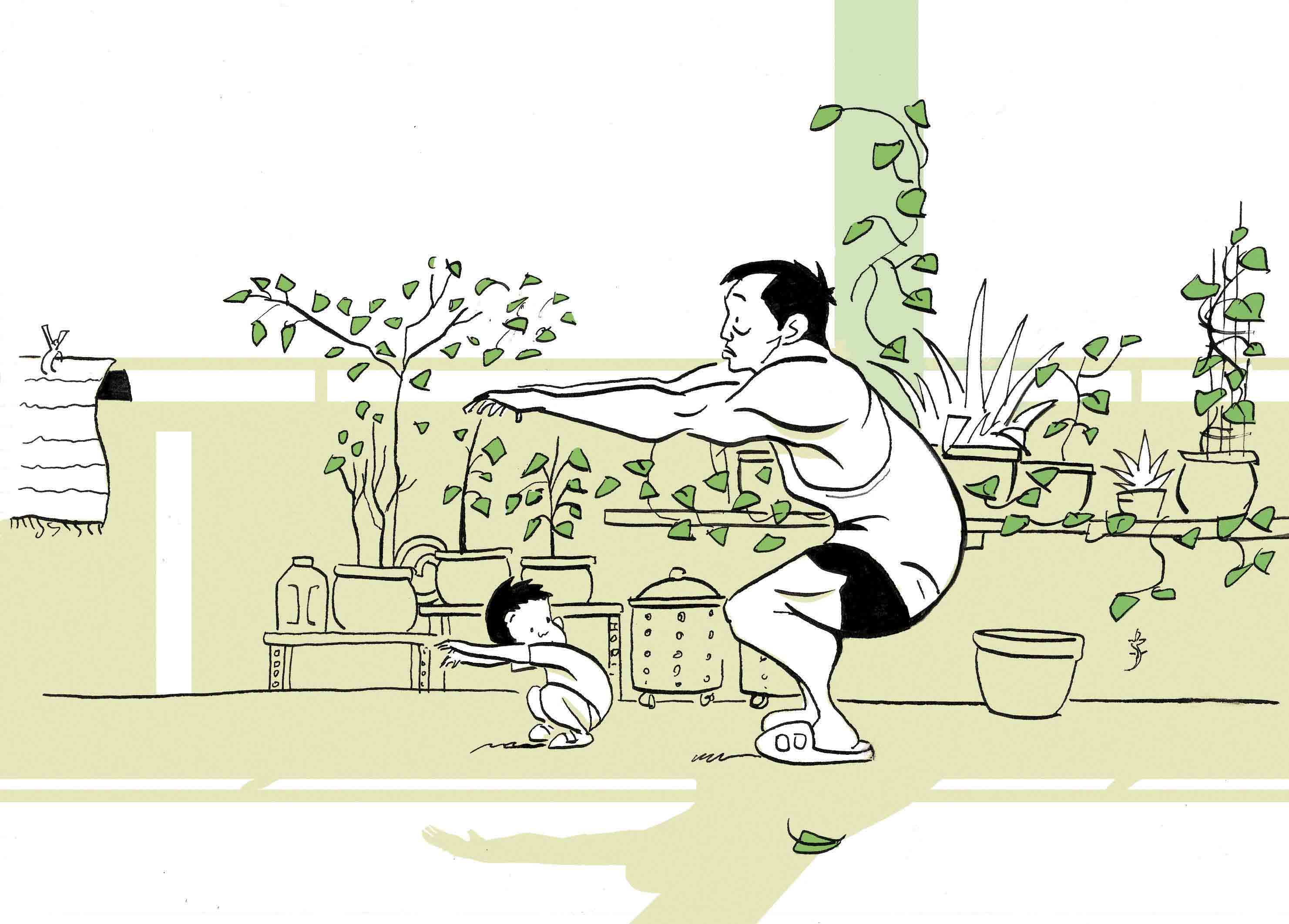
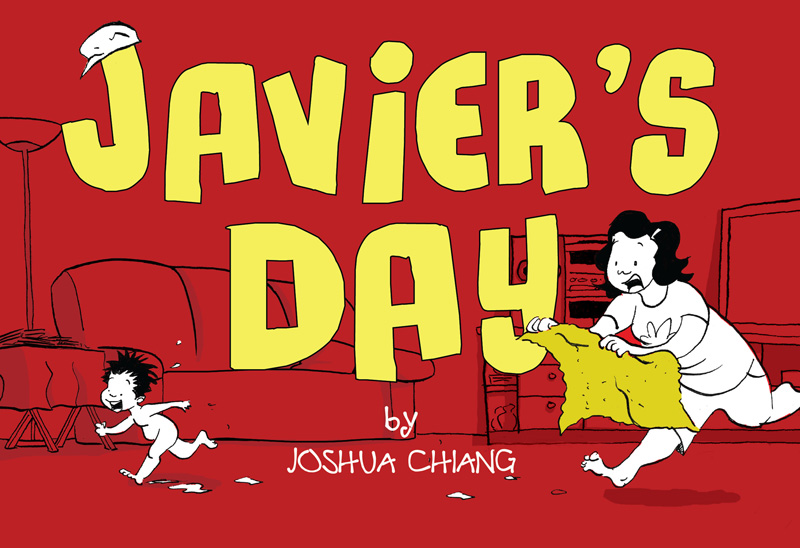

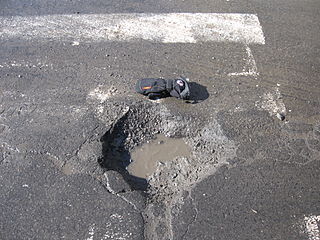
 Harnessing the newfangled power of geolocation, crowdsourcing and other interweb technologies we don’t completely understand,
Harnessing the newfangled power of geolocation, crowdsourcing and other interweb technologies we don’t completely understand, 
